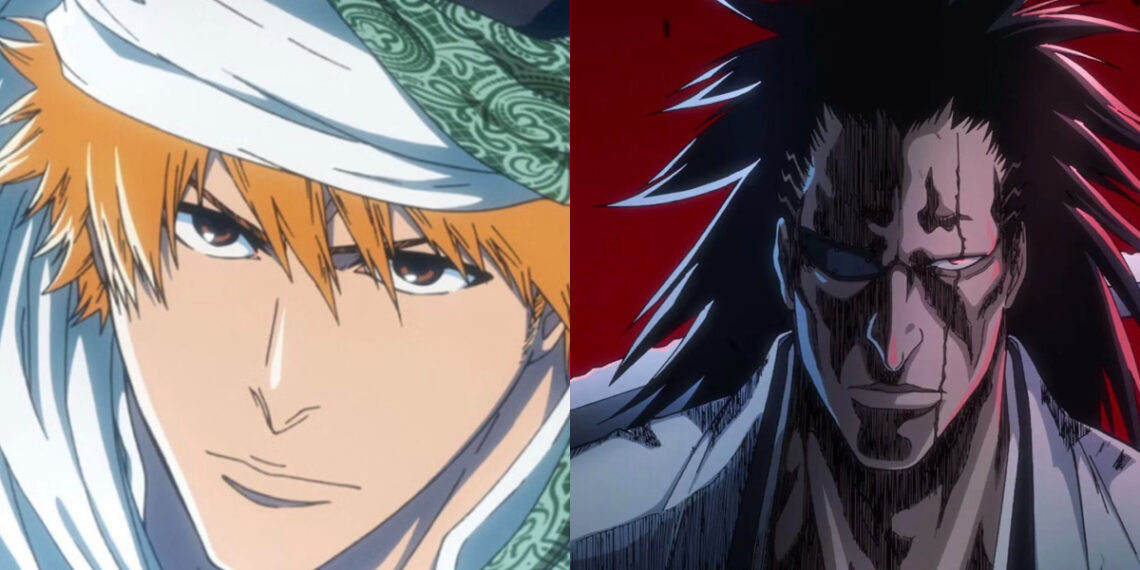Mizue Ogawa, a veteran animator with credits on many acclaimed anime productions including the popular supernatural action series Bleach, recently posted harsh criticism on social media platform X regarding the newly announced “light anime” format.
Light anime has been touted by major animation studio Imagica Foss as a way to produce anime content at just 10% of the current cost through the use of simplified animation and other shortcuts.
In her social media post, Ogawa condemned the light anime format, questioning whether there is any point to creating such crude, basic adaptations.
ここまで粗雑に無理くり動かすならアニメ作るのやめて普通に漫画や小説読めばいんじゃね?(素朴な疑問)🤔
「ライトアニメ」ってなに? 制作期間と費用を抑える仕組みが本格始動「アニメの現場」はどう変わるのか(リアルサウンド)#Yahooニュースhttps://t.co/LYsQKPwy29
— 小川みずえ (@mizue58anime) December 26, 2023
She remarked, “If you’re going to force anime production to cut this many corners, shouldn’t you just stop making anime adaptations altogether and let people experience the stories through manga and novels?”
Artistic Vision Betrayed
Ogawa speculated that the original creators of anime source material would likely hope for a quality, dedicated adaptation of their work, not an overtly simplified version.
みんなのツッコミが止まらない
— 安彦 守 (@styuunagi) December 27, 2023
She bluntly stated her belief that there is no need for anime productions that seem “half-hearted” in their execution just to save money, implying this light anime concept seems to disregard creators’ wishes and artistic integrity in favor of budgetary concerns.
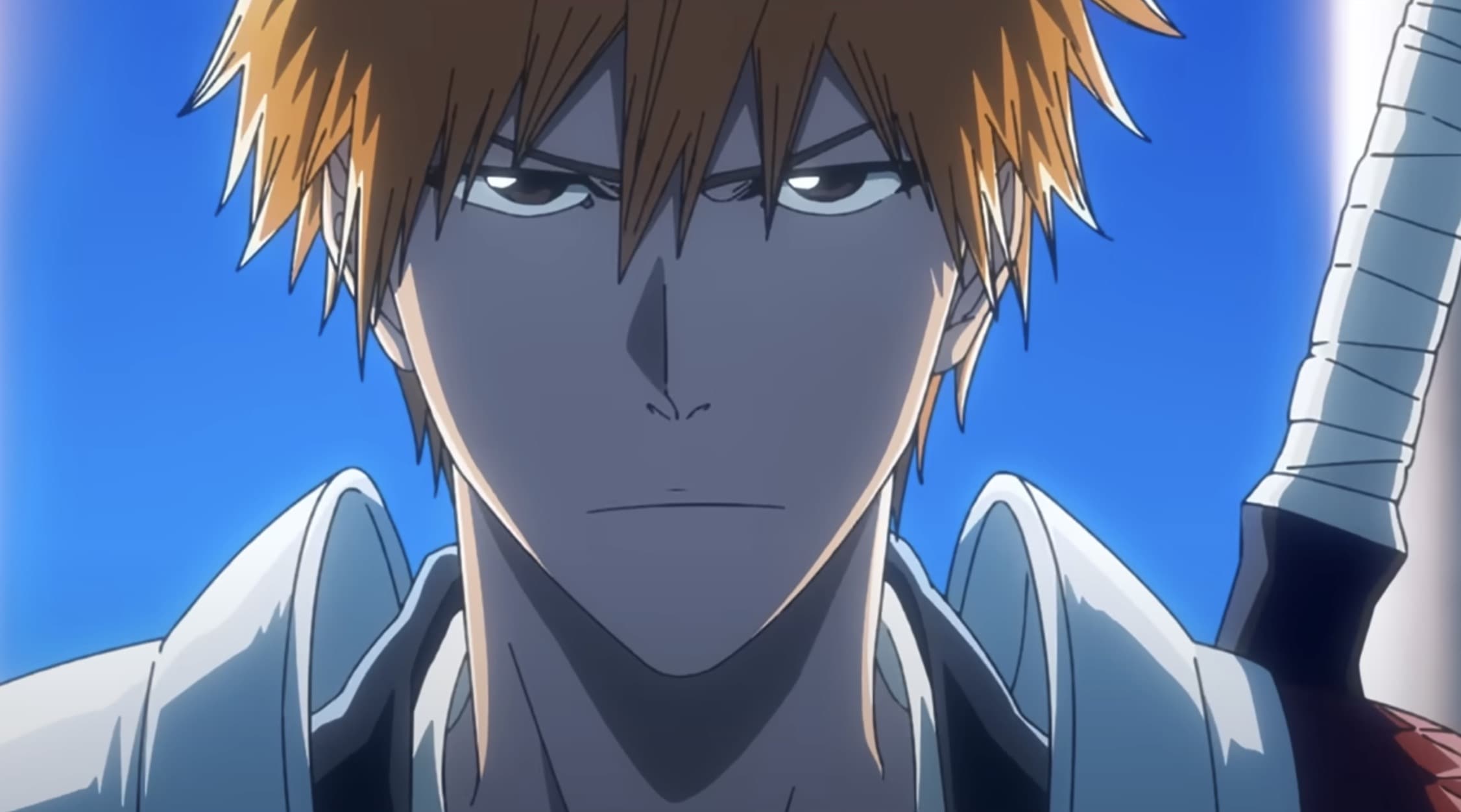
Her post expressed disdain for the light anime format as a misguided attempt to produce anime on the cheap, one that fails to properly honor the source material or meet audience expectations.
Ogawa evidently sees the format as an unacceptable lowering of anime production standards in the name of cost-cutting.
A Critique on Cost-Cutting at the Expense of Artistic Integrity
Mizue Ogawa, an acclaimed animator with credits on monumentally popular anime franchises like Bleach, Dragon Ball Z, Attack on Titan, and My Hero Academia, recently voiced harsh criticism regarding the newly unveiled “light anime” format.
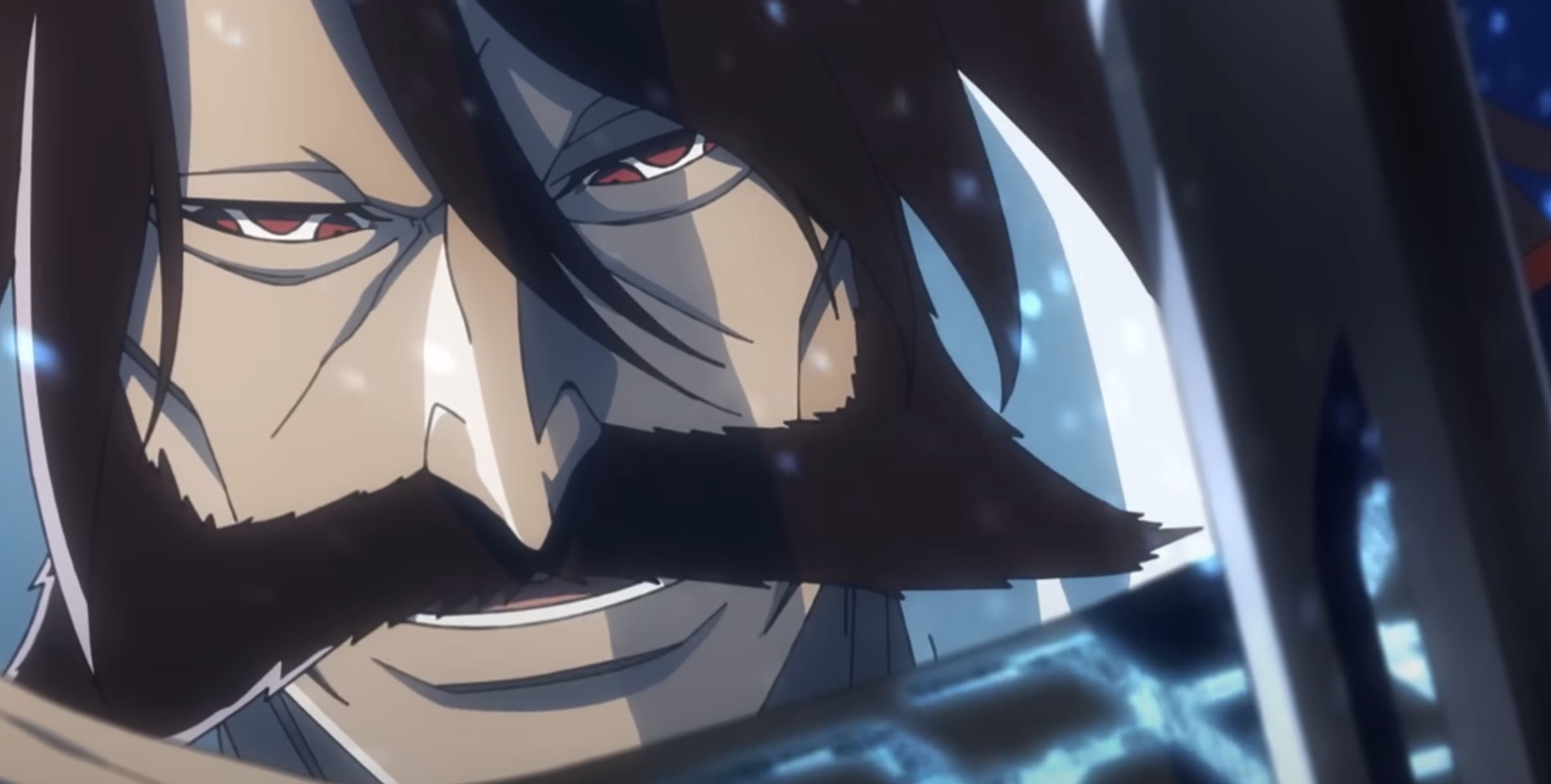
As explained in the initial announcements, light anime aims to produce anime content rapidly and cheaply by animating select manga panels with voice actor narration, rather than creating elaborate motion animation.
While conventional anime series may have hundreds of animators, designers, and other staff laboring on each episode, light anime producers claim they can create this stripped-down content with crews as small as 10 people.
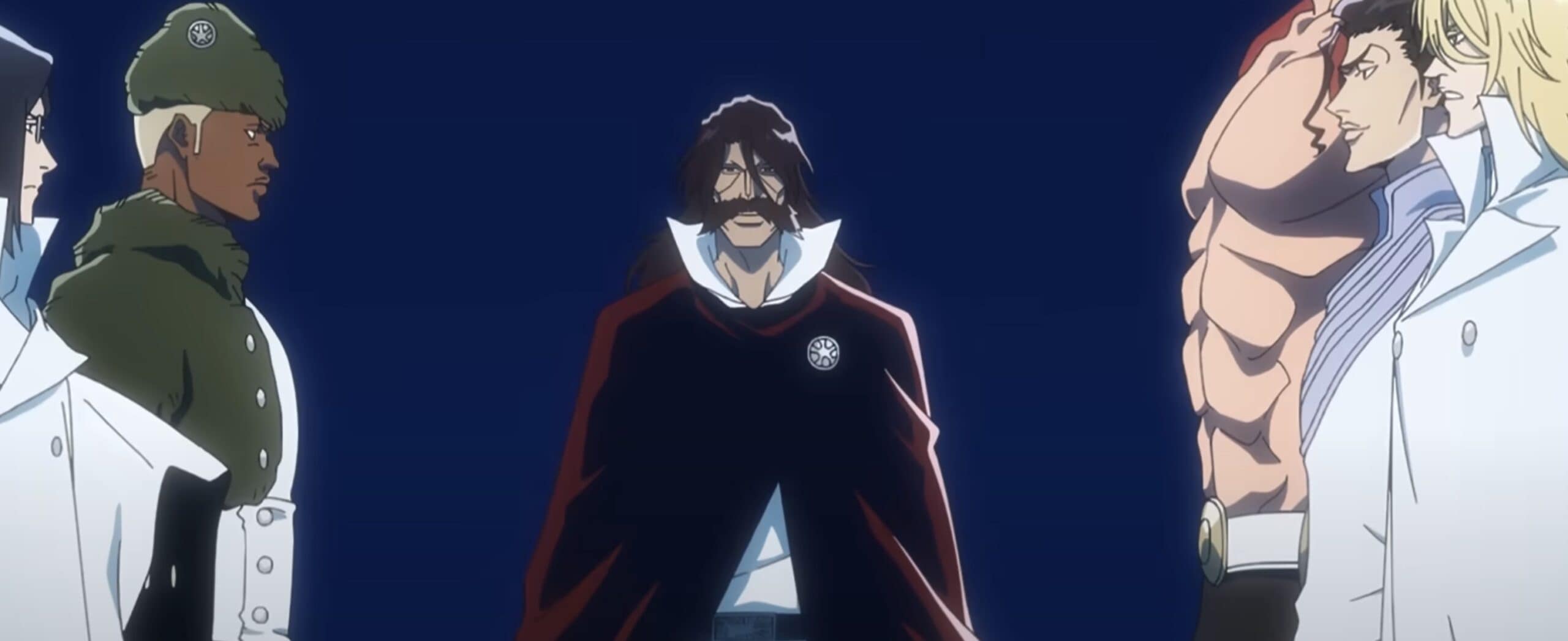
In a social media post, Ogawa condemned light anime as a corner-cutting measure that fails to properly honor or adapt the source material.
She questioned the entire point of creating such limited anime adaptations, writing: “If you’re going to force anime production to be this overtly crude and bare-bones, is there any reason left to make anime at all instead of just having people experience the stories directly through manga or novels?”
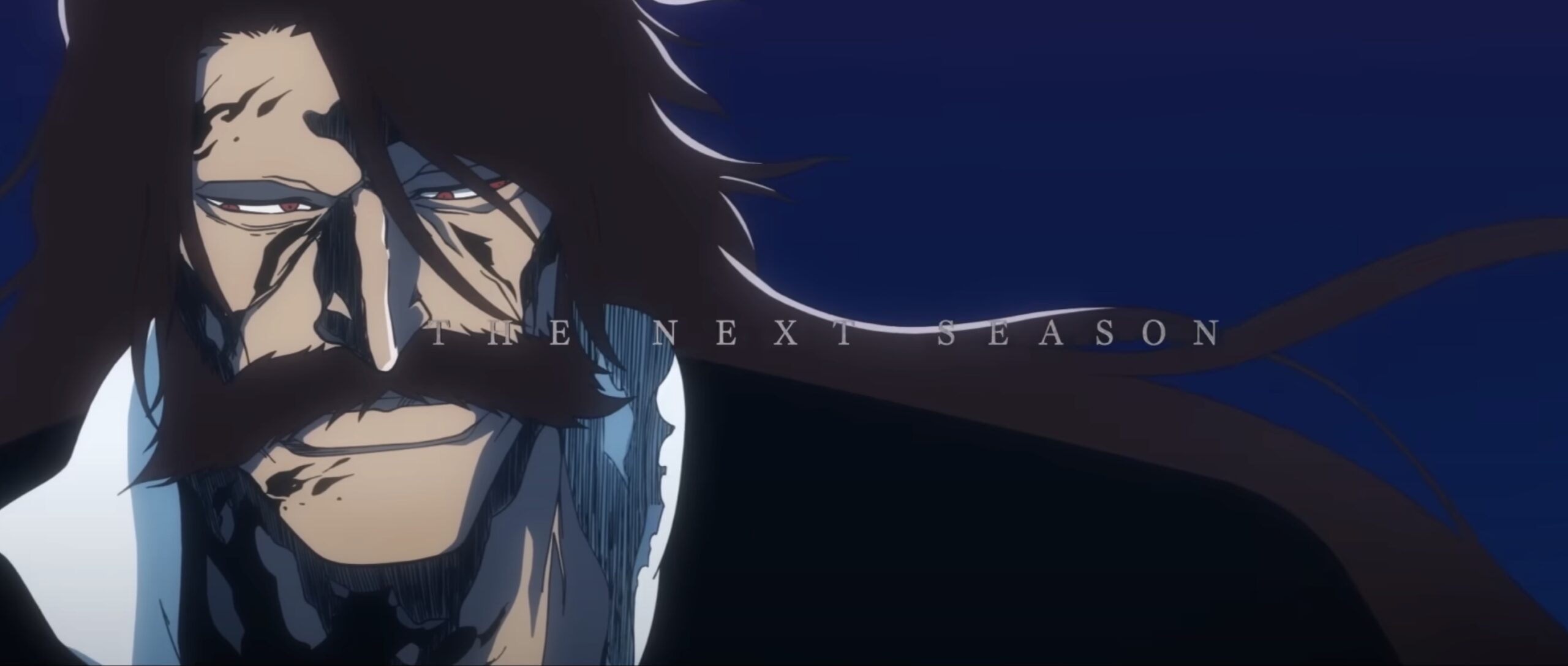
Ogawa speculated that most manga creators would hope for a quality anime adaptation that captures the essence of their work, not a budget version that cuts massive corners.
She stated bluntly that there is no real demand for anime productions that seem “half-hearted,” just minimally animated manga panel slideshows created to save money rather than faithfully render brilliant underlying stories.
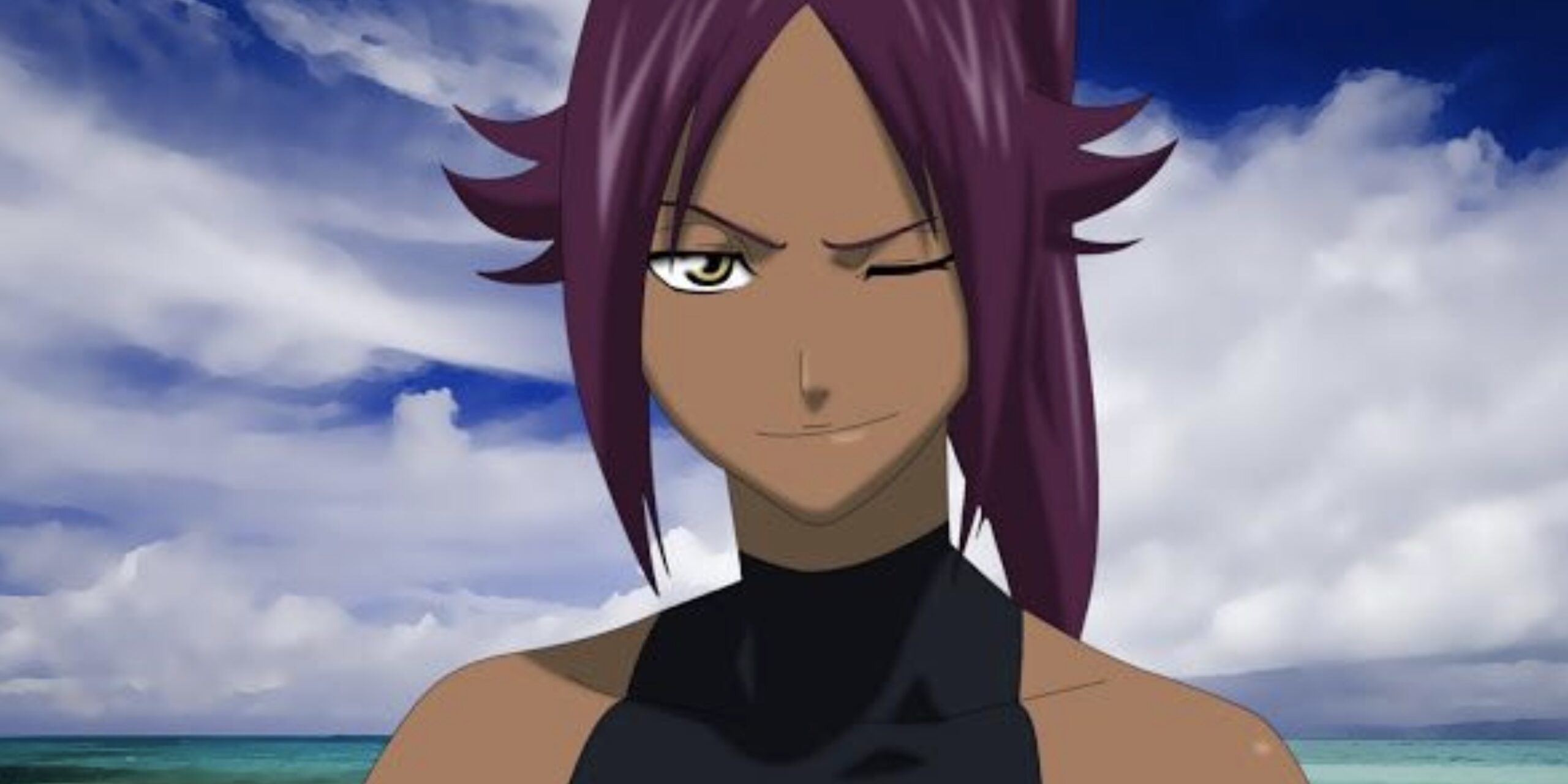
Ogawa expressed the view that light anime disregards artistic integrity and creators’ wishes in favor of business interests looking to produce anime content as cheaply as possible.
She sees the format as an unacceptable lowering of production standards that fails to properly honor the creators or meet audience expectations.
Mizue Ogawa’s Critique Echoes Concerns Over Declining Standards in the Anime Industry
Mizue Ogawa’s criticism of light anime comes at a time when concern over the anime industry’s declining quality is mounting. Even legendary creators like the original Gundam author have decried anime’s decreasing narrative standards recently.
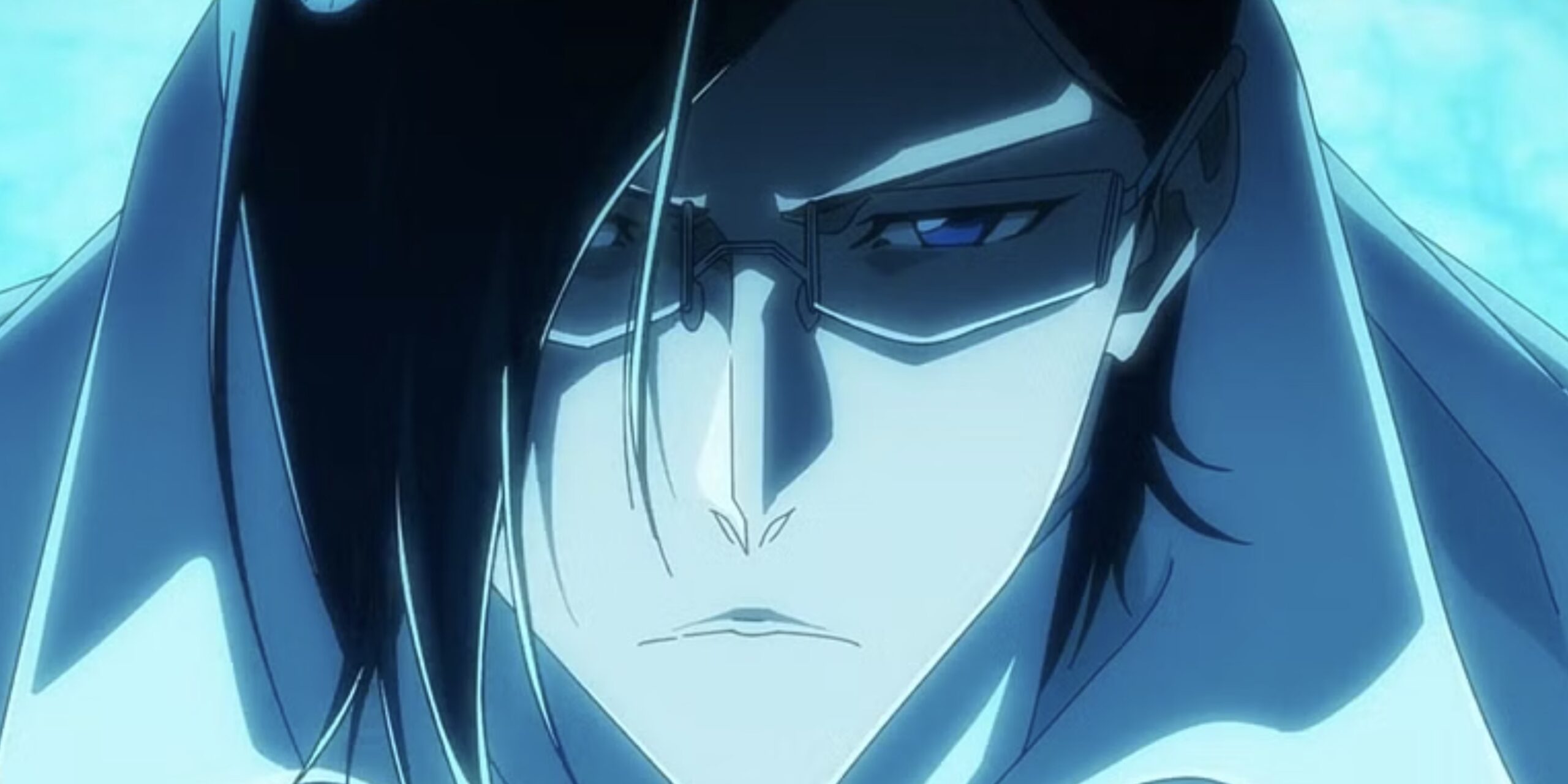
Terumi Nishii, chief animation director of the hit supernatural series Jujutsu Kaisen, has also warned that anime’s production skill level is “drastically falling.”
She cites the unsustainable pressure to churn out new anime series faster than ever, which has led desperate studios to plug staffing shortages with unqualified animators.
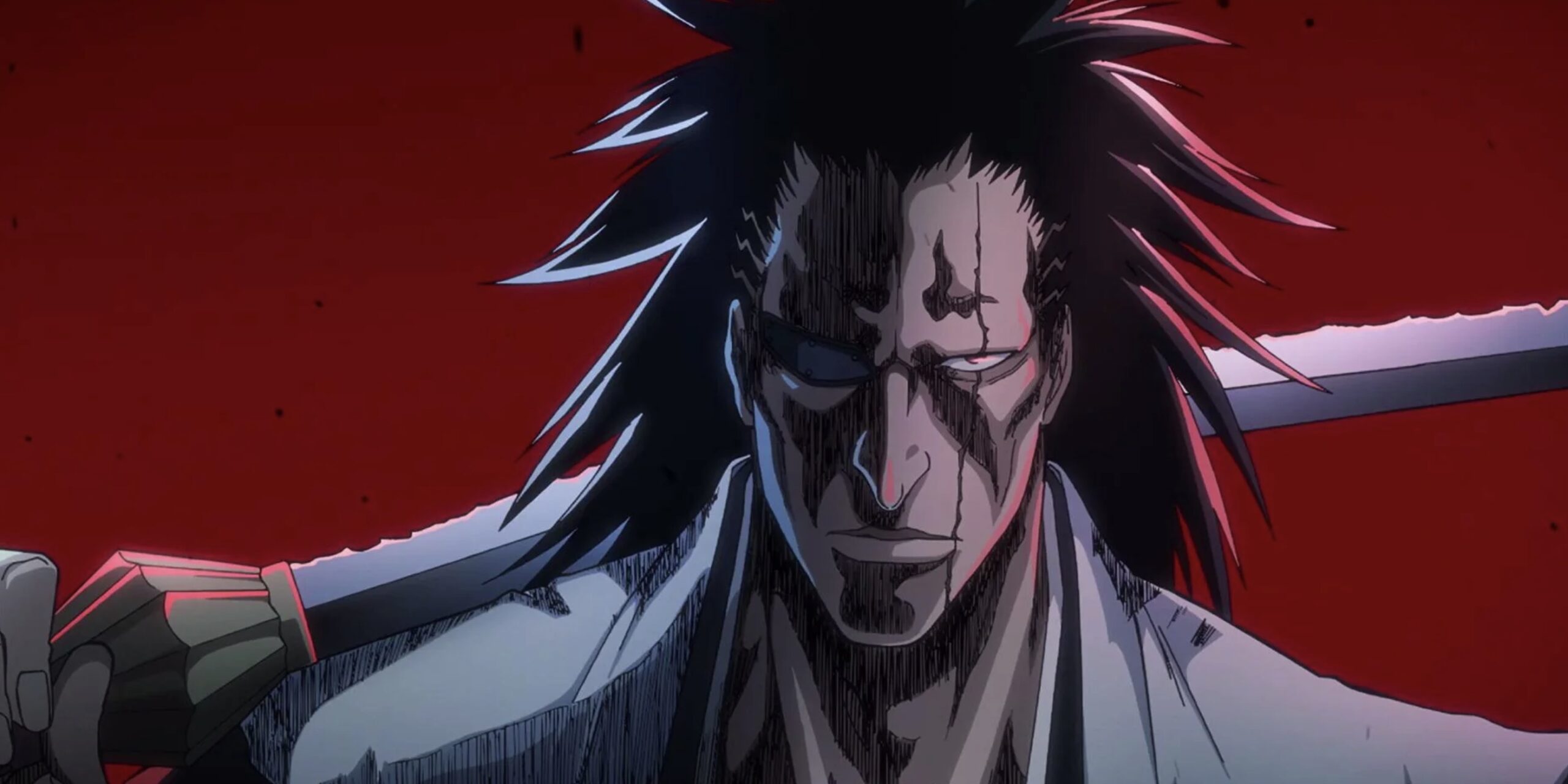
Industry site CBR has spotlighted the forthcoming Jujutsu Kaisen Season 2 as an example of this excessive demand, reporting its harried animation studio MAPPA has been allotted very little production time.
Between inexperienced new hires rushed through inadequate training and seasoned creators being rapidly overworked across too many projects, experts say quality and artistry are suffering greatly.
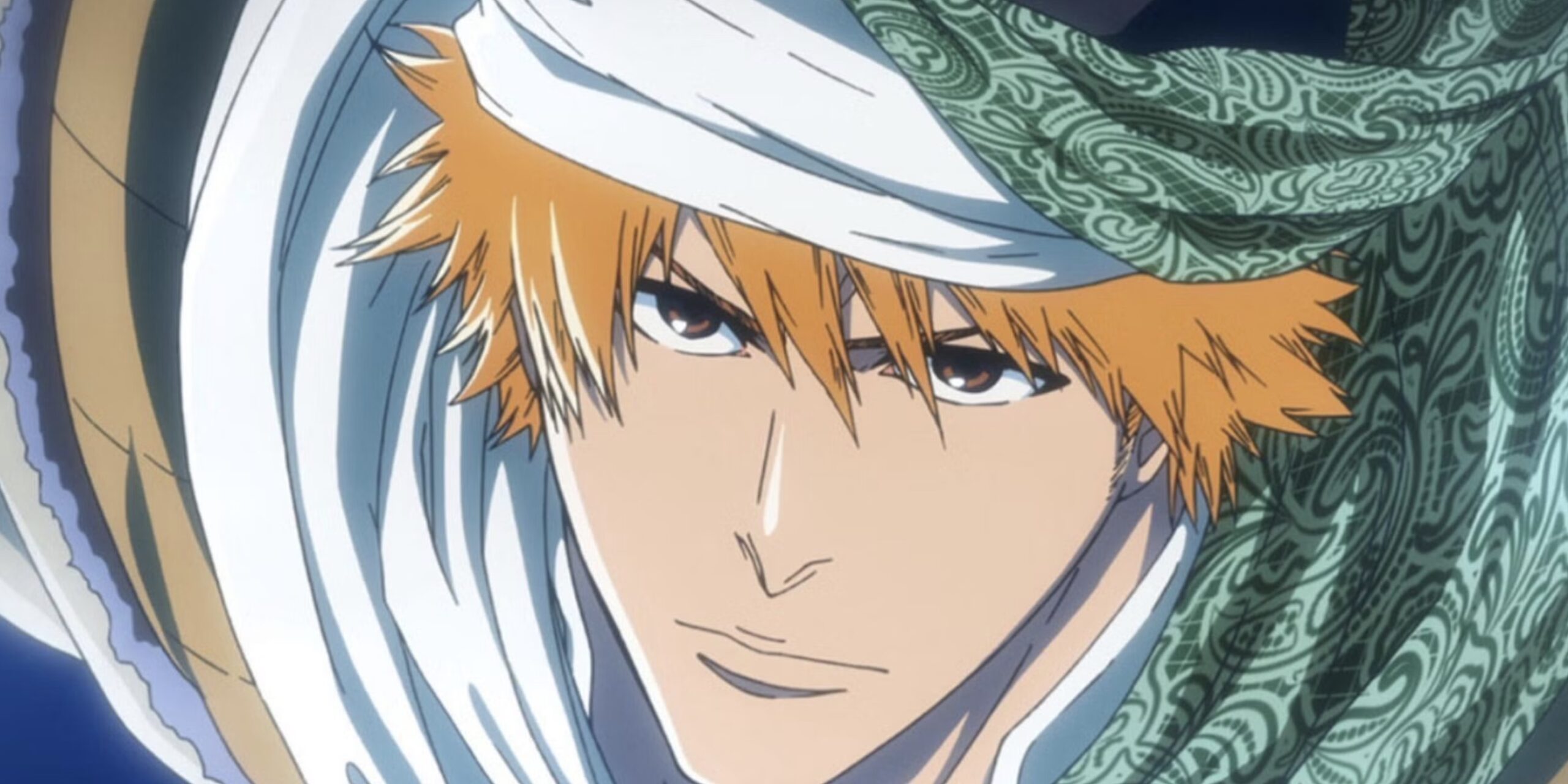
The light anime format plays directly into these mounting criticisms about overly rushed, under-resourced anime projects prioritizing profits over quality.
To Ogawa and others, light anime represents a new low in terms of attempted corner-cutting, an unacceptable compromise of creative integrity solely to churn out more content at higher margins.
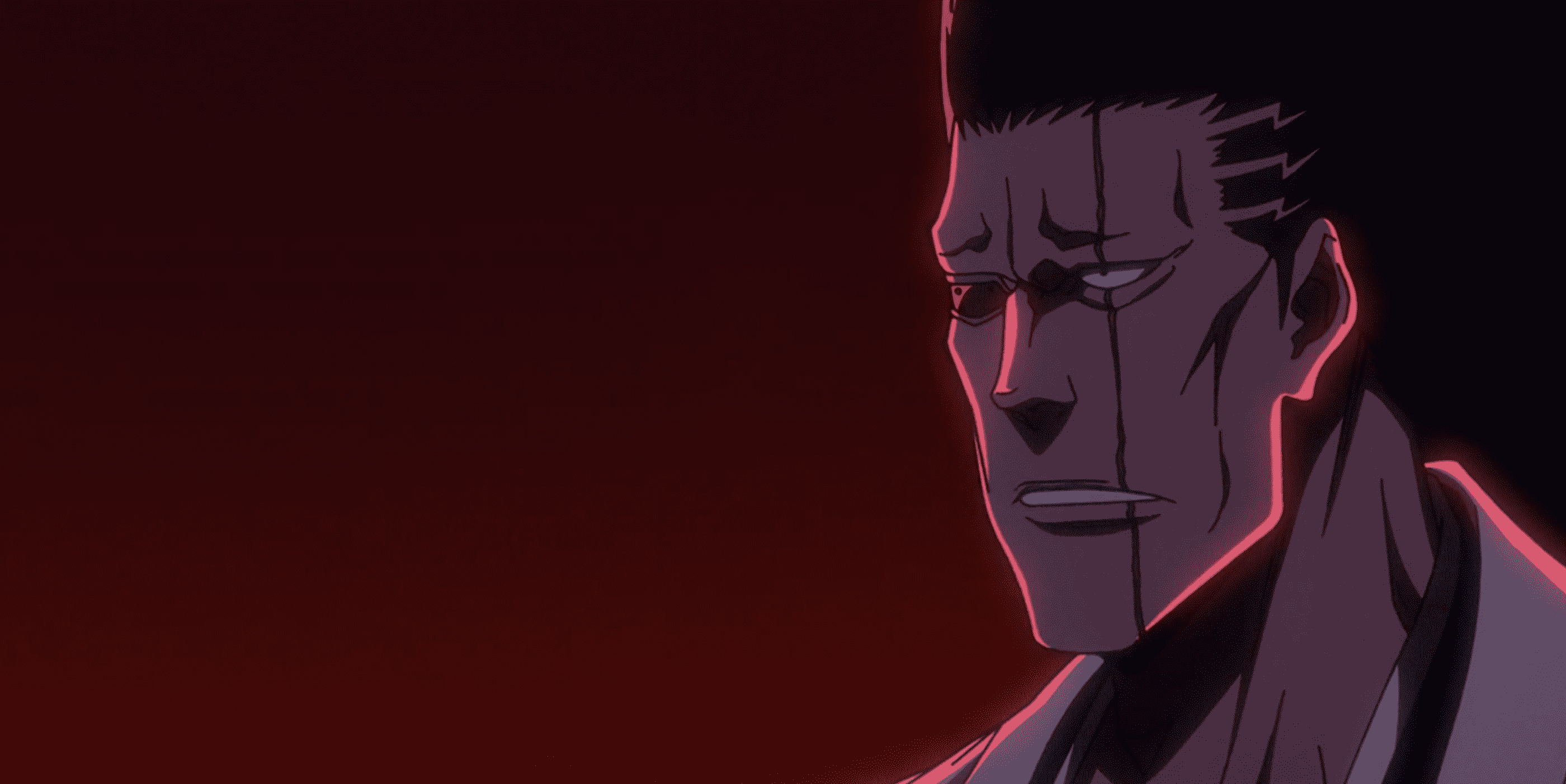
Along with embattled animators, revered authors, and outspoken directors, Ogawa’s dissent signals growing unrest about balancing quality anime production versus breakneck commercial demands in today’s oversaturated market.


